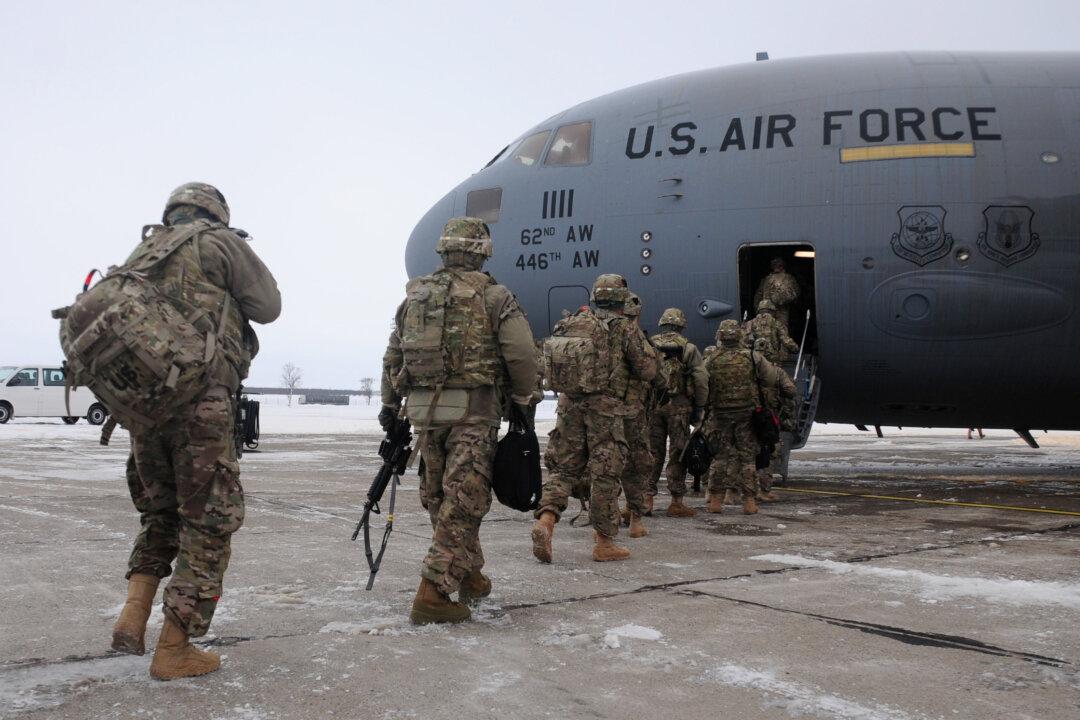The U.S. Air Force’s contracting practices are under scrutiny following a Department of Defense (DOD) inspector general’s audit alleging significant markups on parts for Boeing C-17 Globemaster III aircraft.
The C‑17 is the Air Force’s cargo aircraft and is used for military, humanitarian, and peacekeeping missions, according to the report made public on Tuesday.
The Air Force awarded Boeing a 10-year, $11.8 billion contract in 2011 for the C-17 Globemaster III Integrated Sustainment Program (GISP), followed by a $23.8 billion contract in 2021 to continue C-17 support through 2031, covering spare parts procurement and reimbursement, the report noted.
According to the audit, the Air Force was allegedly charged more than 80 times the commercial cost for items, including basic soap dispensers, adding nearly $1 million in potentially avoidable costs over the last several years.




